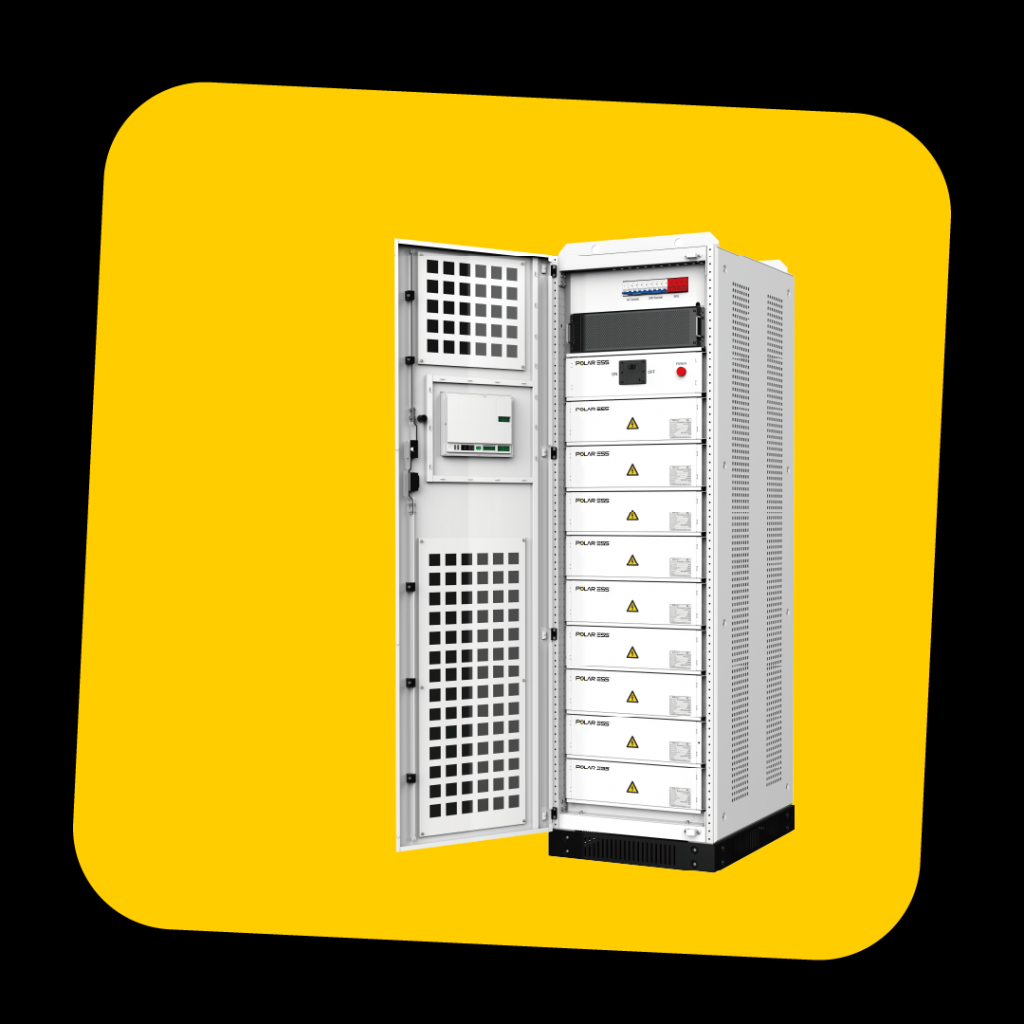energy management system plays a crucial role in promoting sustainable practices and ensuring efficient energy usage. By implementing such systems, organizations can effectively monitor, control, and optimize their energy consumption to reduce waste and environmental impact.
Enhancing Energy Efficiency with Energy Management System
An energy management system enables businesses to track their energy usage patterns, identify areas of inefficiency, and implement strategies for improvement. Through real-time monitoring and data analysis, organizations can make informed decisions regarding equipment upgrades, operational changes, and conservation measures to minimize energy waste.
In addition to reducing carbon footprint and conserving resources, an effective energy management system also helps companies achieve significant cost savings. By identifying opportunities for optimization and implementing energy-saving initiatives, businesses can lower their utility bills while maintaining productivity levels.
The Role of Home Energy Storage Batteries
home energy storage batteries are becoming increasingly popular as part of sustainable practices. These batteries allow homeowners to store excess electricity generated from renewable sources like solar panels or wind turbines for later use. This not only reduces reliance on the grid but also promotes self-sufficiency in terms of power generation.
With the integration of home energy storage batteries into an overall energy management system, households can maximize the utilization of clean energy sources by storing surplus electricity during periods of low demand or high production. This stored power can then be utilized during peak hours or when renewable sources are unavailable due to weather conditions.
Polar ESS: Revolutionizing Energy Storage Solutions

Polar ESS is a leading provider of advanced battery storage solutions that contribute significantly to sustainable practices. Their innovative technologies enable efficient integration with existing infrastructure while offering enhanced reliability and performance.
Polar ESS’s modular design allows scalability based on specific energy requirements, making it suitable for various applications ranging from residential to commercial and industrial sectors. With features like intelligent control systems and advanced monitoring capabilities, Polar ESS ensures optimal utilization of stored energy while maintaining system stability.
Furthermore, the use of lithium-ion batteries in Polar ESS’s solutions not only enhances efficiency but also reduces environmental impact compared to traditional lead-acid batteries. This aligns with the overall goal of sustainable practices by minimizing waste generation and promoting cleaner energy storage options.
Conclusion
In conclusion, energy management systems play a vital role in promoting sustainable practices by optimizing energy usage and reducing waste. The integration of home energy storage batteries, such as those offered by Polar ESS, further enhances the efficiency and reliability of renewable energy sources. By adopting these technologies and implementing effective strategies, organizations can contribute to a greener future while enjoying cost savings and improved operational performance.


